Trump Makes Stocks Slide Downward Again?
Wall Street Sees Red as Trade Tensions Resurface
Stock market volatility returned Thursday as President Donald Trump took bold new steps in his America First trade agenda — sharply increasing tariffs on Chinese imports in a move that could reshape the global economy.
The Dow Jones Industrial Average dropped more than 1,000 points, a 2.5% decline, following a major rally just the day before. The S&P 500 fell 3.5%, and the Nasdaq composite dropped 4%. This sharp reversal came after a wave of optimism Wednesday when Trump announced reduced tariffs for America’s allies.
Trump’s Strategy: Relief for Allies, Pressure on China
On Wednesday, President Trump temporarily lowered tariffs on imports from dozens of countries and delayed enforcement for 90 days — bringing short-term relief to the markets and bond yields.
But the real headline came Thursday when Trump announced he would raise tariffs on Chinese goods to a reciprocal rate of 125%, with some items now facing a 145% total tax rate. The president framed this as a long-overdue correction to decades of unfair trade practices by the Chinese Communist Party.
“They’ve ripped us off beyond belief,” Trump said. “We’re resetting the table, and I believe we’ll come to a fair agreement in time.”
Wall Street Wobbles, But Main Street Cheers
While investors reacted with caution, many American workers, farmers, and manufacturers — particularly in red states — welcomed the firm stance against Beijing. The president’s supporters see the tariffs as a critical tool for restoring economic sovereignty.
Financial experts agree that markets often overreact in the short term. Larry Adam of Raymond James noted that “some of the worst and best days in the market are often clustered together,” urging long-term investors to stay the course.
The Bigger Picture: Redefining U.S.-China Trade
China exported $439 billion in goods to the United States in 2024. For decades, American jobs and factories were lost while China gained ground. Trump’s aggressive tariff increase could hit electronics, clothing, and other key consumer goods, but many see it as a necessary step toward economic realignment.
Beijing has responded with countermeasures, including blacklisting U.S. firms and stalling tech deals like the sale of TikTok. Despite these tensions, President Trump made clear the door remains open to a better deal.
“We’d love to work something out,” Trump said, “but it has to be right for the American people.”
Democrats Criticize, But Offer No Clear Plan
As expected, Democratic leaders rushed to criticize the move — not with solutions, but with accusations. Some lawmakers have even called for investigations into who may have traded stocks ahead of Trump’s announcement. However, there is no evidence of wrongdoing, and many conservatives see this as more political theater.
What This Means for You
With rising interest in terms like “how to protect retirement during market volatility” and “best investment strategies under Trump’s trade policy,” now is the time for Americans to stay informed. President Trump’s America First agenda continues to reshape trade policy — and that has long-term implications for markets, inflation, and global power dynamics.
📈 Stay Informed, Stay Ahead
Are you concerned about how trade policy affects your retirement or portfolio? Subscribe to updates and bookmark this page for the latest on the U.S.-China trade war, economic policy under Trump, and strategies for navigating a volatile stock market.

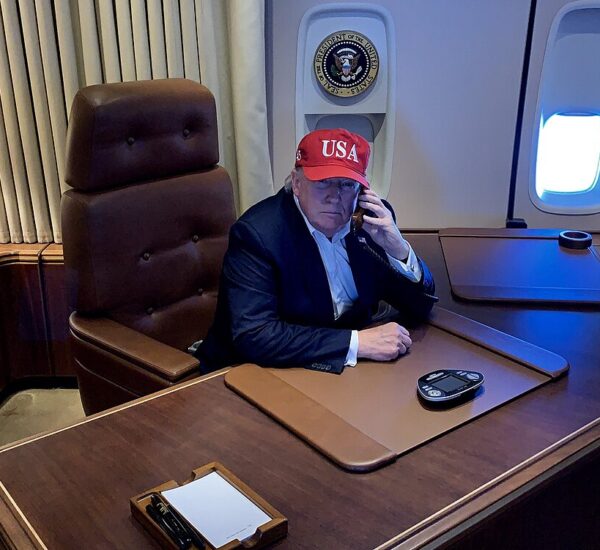
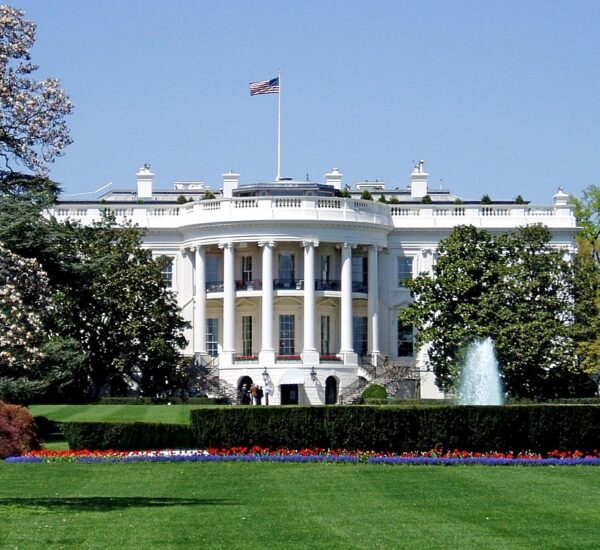
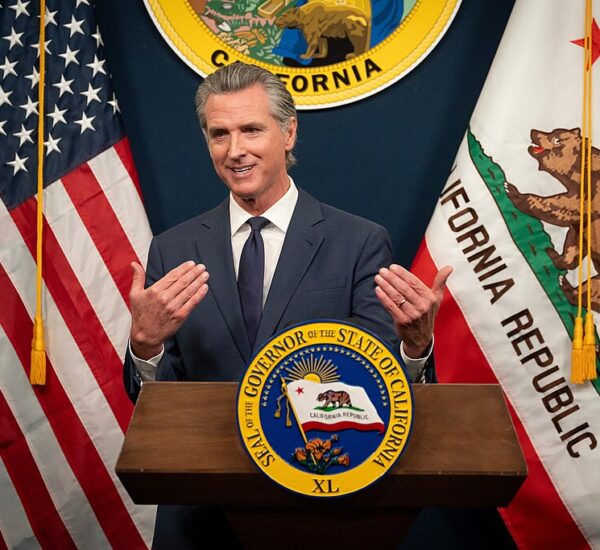
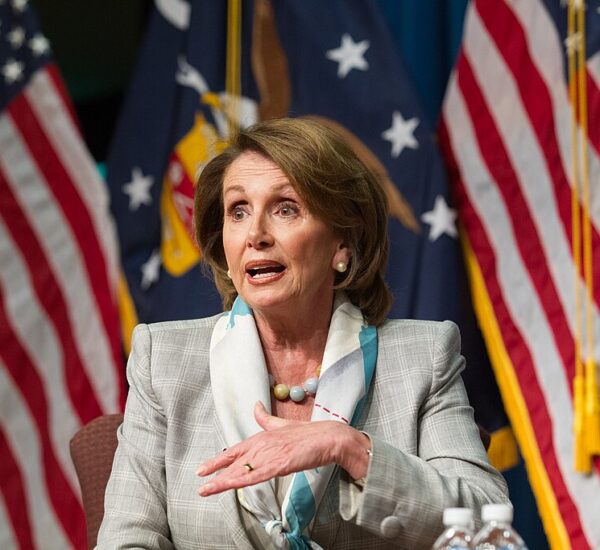
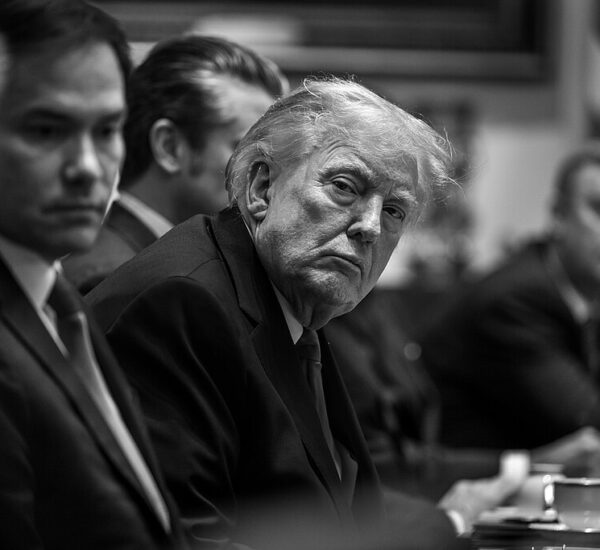

I do believe him. Everything he mentioned about the games the dems have played proves him right. They still haven’t learned. They’re still making plans getting together behind closed doors has proven they haven’t learned a thing. Believing everything shitty Schiff says takes a real kind of stupid.